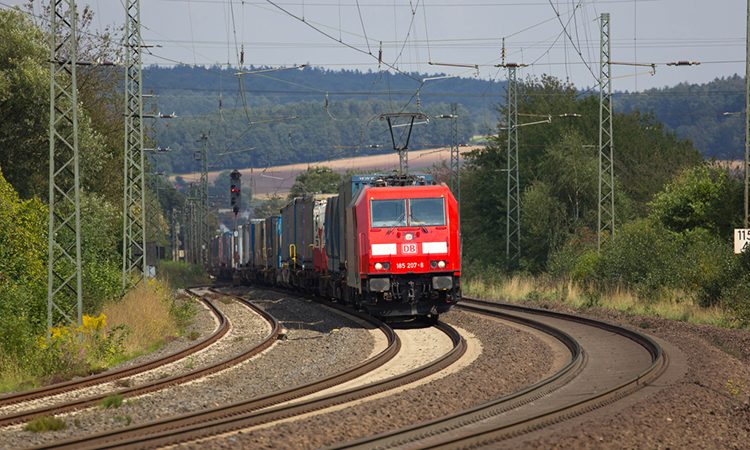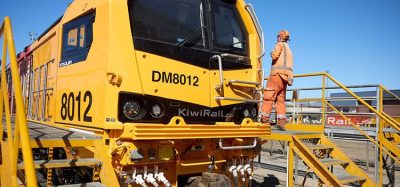Germany’s rail freight industry is facing a steep 16% increase in track prices for 2025, following an approval by the Federal Network Agency of an application from DB InfraGo (formerly DB Netz). Experts warn that an even larger hike could follow in 2026, raising concerns about the future competitiveness of rail transport.
Track charges already account for up to 40% of operating costs for railway companies, according to the Association of German Transport Companies (VDV). The fear is that these rising costs may force freight transport to shift from rail to road, undermining efforts to reduce CO2 emissions and promote environmentally friendly transport.
The price increase will primarily affect railway companies, but the entire industry is at risk. Private wagon owners and workshops could face reduced utilisation of their fleets and maintenance capacity, threatening their survival. Investments in modernising rail fleets and maintenance technology may also be delayed or cancelled, hindering growth and efficiency in the sector.
The price hike is linked to the federal government’s planned €10.5 billion equity increase for Deutsche Bahn in 2025. Under the Railway Regulation Act, this increase must be accompanied by higher track charges to generate a return on equity.
Industry stakeholders, particularly private wagon owners and workshops organised under the VPI (Association of Private Wagon Owners), are calling for immediate government intervention. They are urging the federal government to raise track price subsidies to €350 million in the 2025 budget and amend the Railway Regulation Act to prevent DB InfraGo from prioritising profits through elevated fees. Additionally, they demand a fundamental reform of the track pricing system.
The VPI warns that without action, the rail sector’s competitiveness and sustainability are at risk. High track costs could hinder the shift from road to rail, jeopardising Germany’s climate goals and damaging the most environmentally friendly mode of freight transport.
The call to action emphasises the need for government collaboration with industry associations to reform the track pricing system and safeguard the future of rail transport in Germany.








